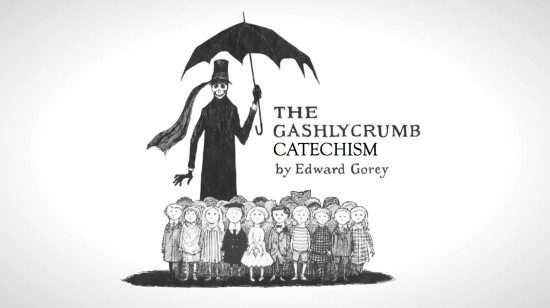I enjoyed this trippy, riffing and rambling reflection from John Van Sloten at Think Christian: “Spiritual perception and the science of color.” It’s half sermon illustration, half stoner epiphany.
I probably enjoyed the stoner-ish aspects more, but Von Slaten’s sermon ain’t bad either. He writes:
Dogs are bi-chromates, meaning their eyes have two cones enabling them to see blue/yellow and black/white, while most humans are tri-chromates, enabling us to see many more colors. Some butterflies have five cones and can see an even broader range. The mantis shrimp, amazingly, has sixteen cones! If all these different species might be looking at the same thing, some would see more colors than others, who, “though seeing, they do not see.”
We can’t perceive the colors that a mantis shrimp can perceive. And thus we find it impossible to conceive of them either. Those colors are, to us, like up and down are to a Flatlander.
As Keanu would say, “Whoa.”

I like where Van Sloten wants to go with this as a theological analogy. Theology, like cosmology, requires us to think about things we’re not quite capable of thinking about — ideas that confront us with the tri-chromate, Flatlander limitations of our kind (“infinity,” for example). When it comes to understanding God, he writes, “we’re a few cones short of full perceptive capacity” and “we must be missing most of what’s really going on.”
The playwright of Job would certainly agree with that.
I do want to quibble, though, with Von Slaten’s suggestion that this lack of “full perceptive capacity” is “because of sin.”
We humans have all sorts of shortcomings that have nothing to do with sin or sinfulness. Sin and sinfulness may be part of the human condition, and they can certainly cloud our perception, but we shouldn’t confuse sin with finitude and fallibility. Nor should we mistakenly think of finitude and fallibility as being sinful.
This is kind of important. If we believe that human misperceptions and misconceptions and incomplete (and thus inaccurate) comprehensions are mainly due to sin, then we’re tempted to conclude that anyone who is fallible is therefore evil. But if we believe that misperceptions, misconceptions and incomplete comprehensions are an unavoidable aspect of the human condition, then we’re encouraged to regard others with more empathy, and to realize that we need each other to improve our own, finite and fallible perspectives.
An emphasis on human sinfulness leads us to avoid the wicked temptation of engaging diverse perspectives. An emphasis on fallibility and finitude leads us to seek out and value diverse perspectives as a necessary corrective of our own blind-men-and-the-elephant limitations. I prefer the latter.












